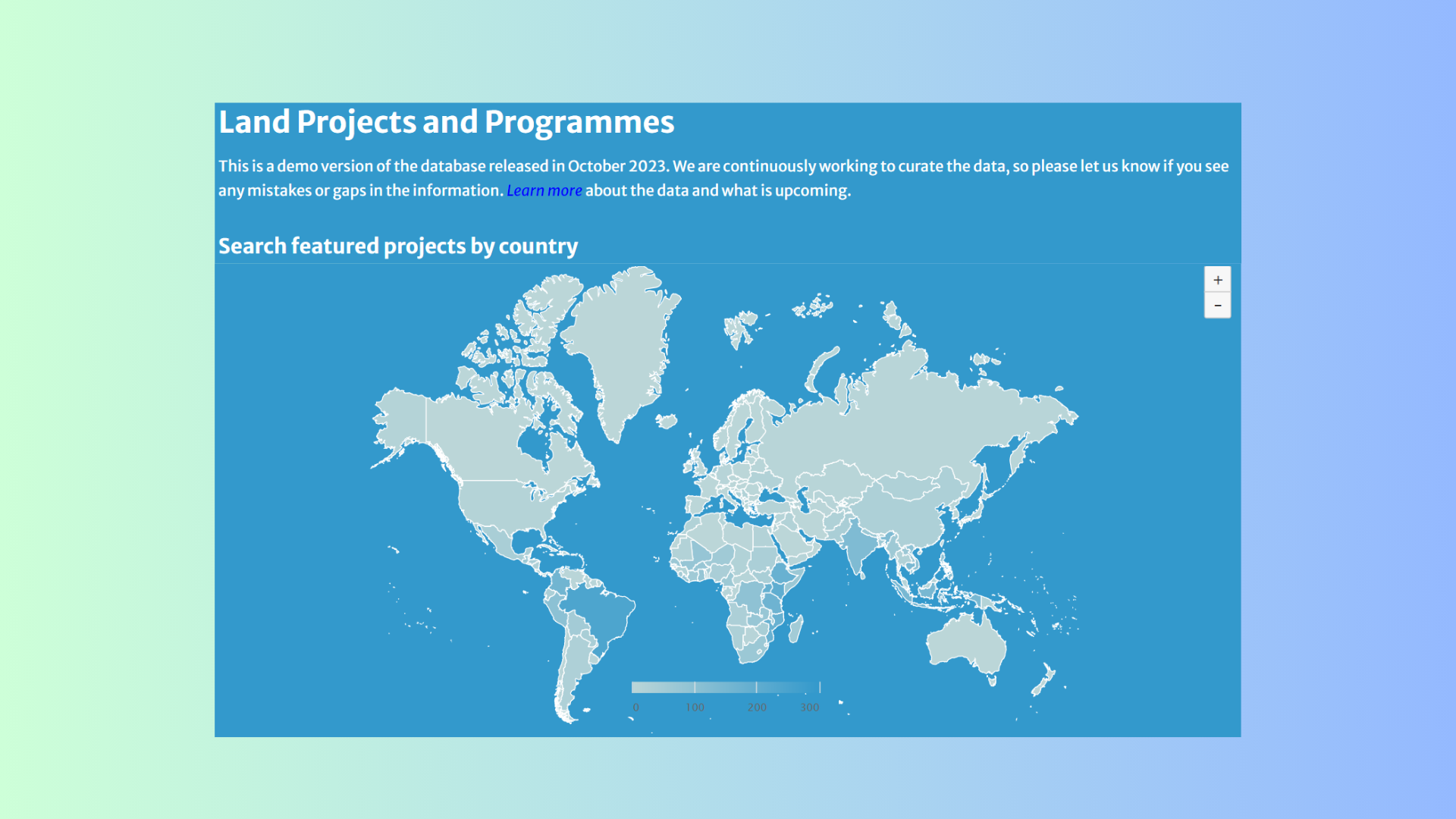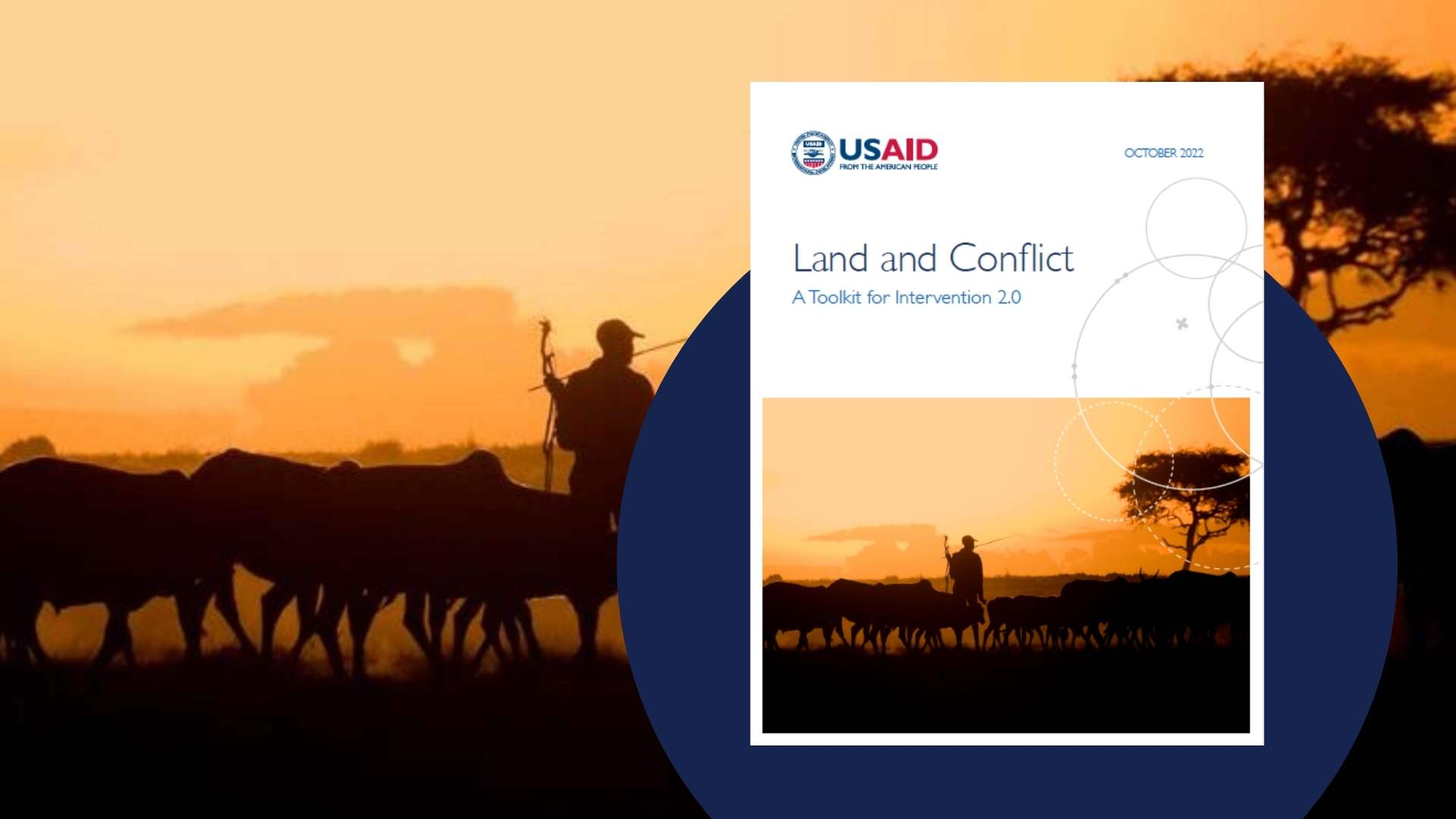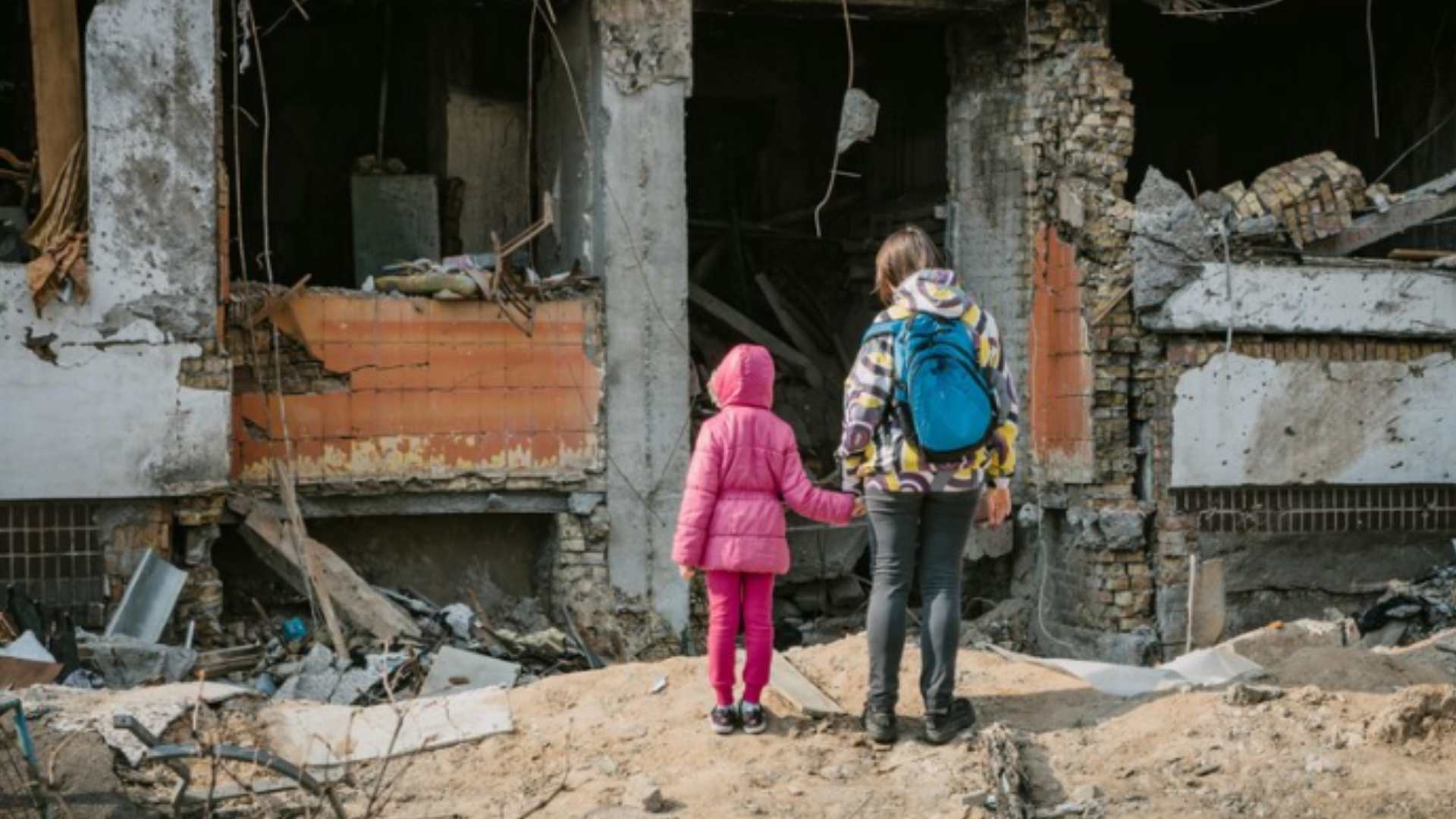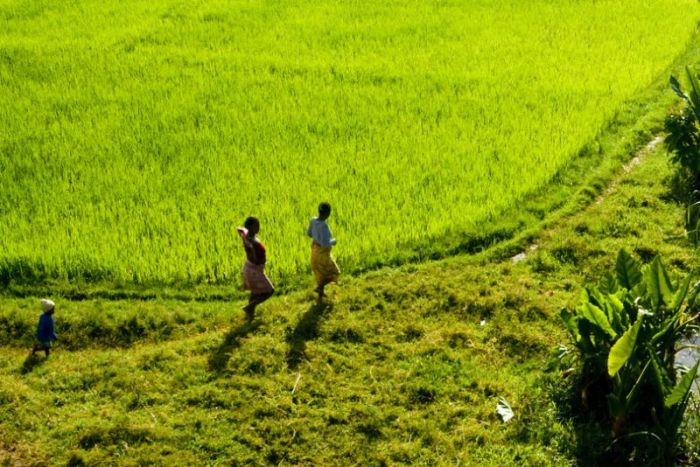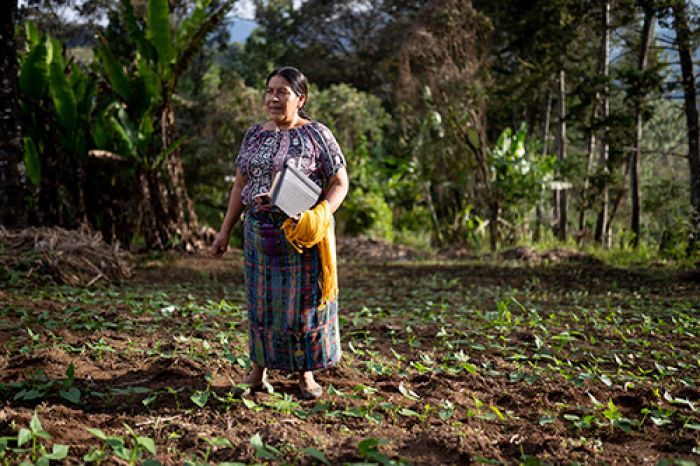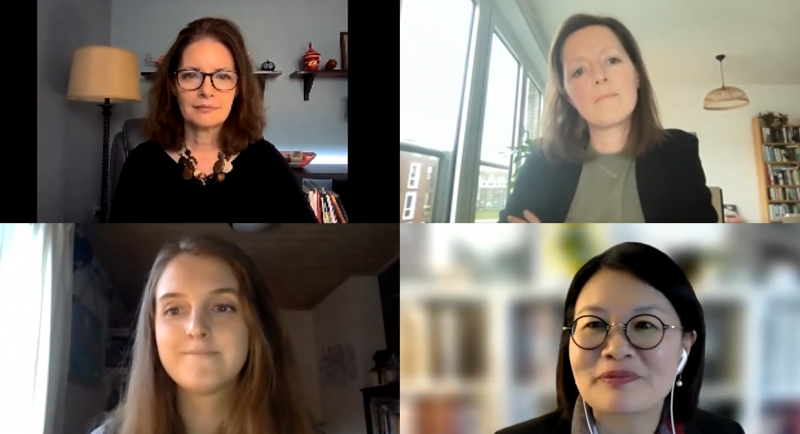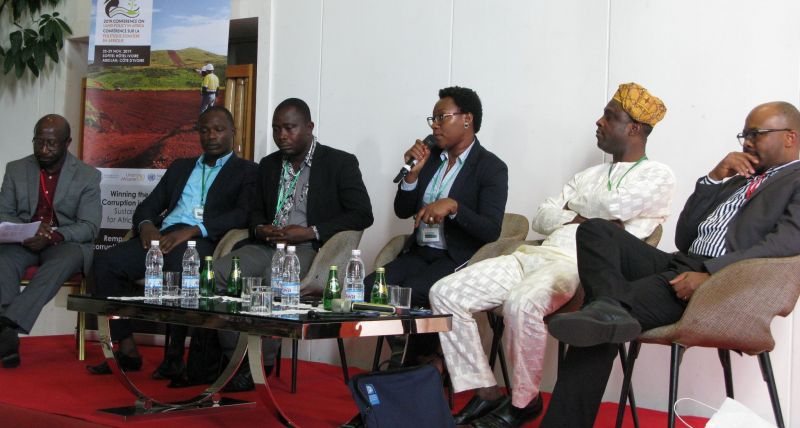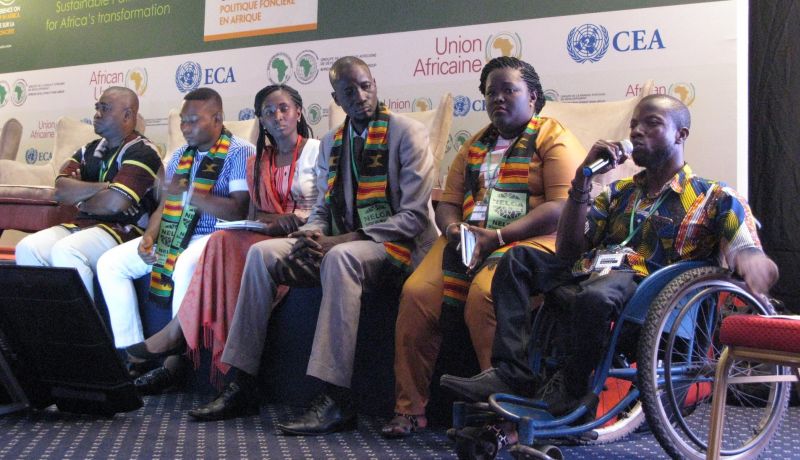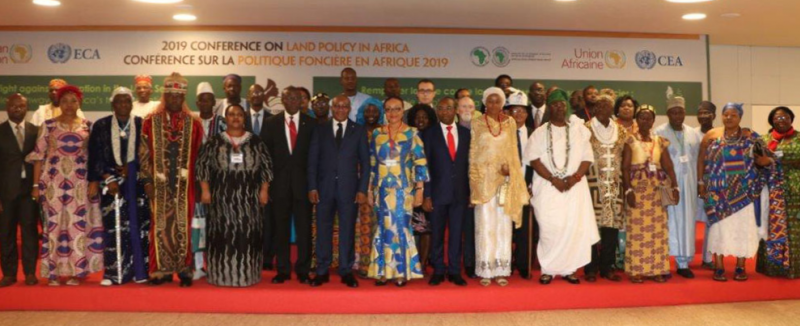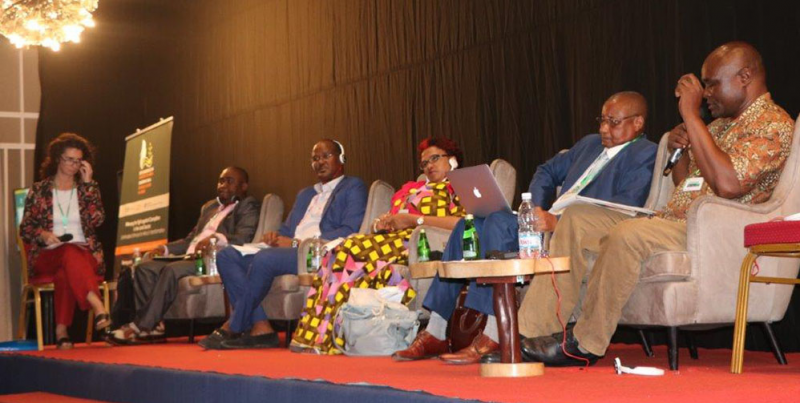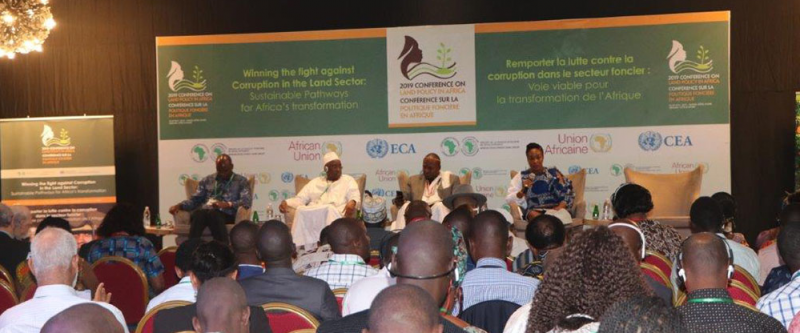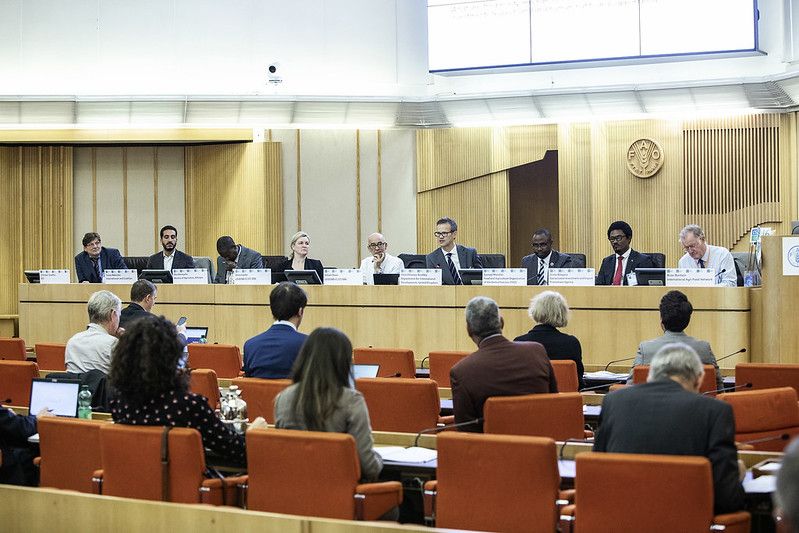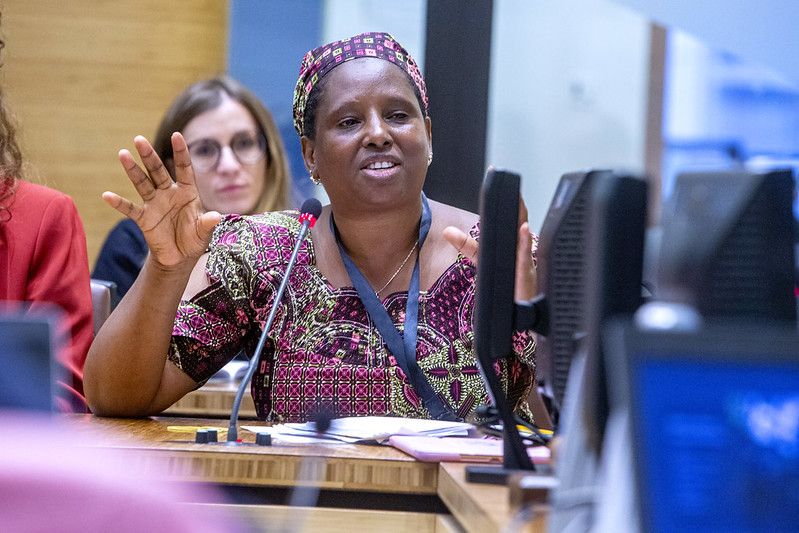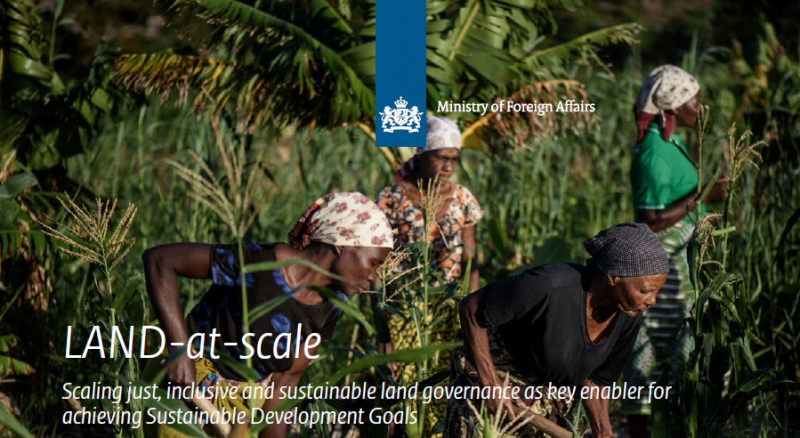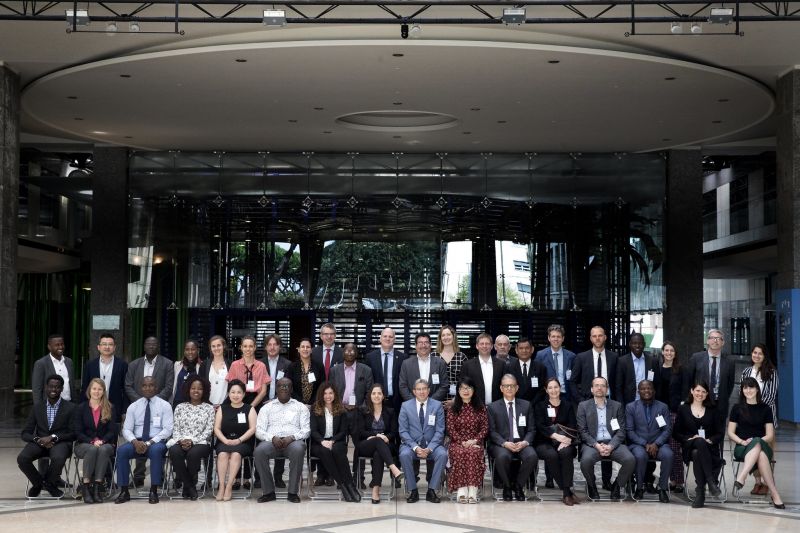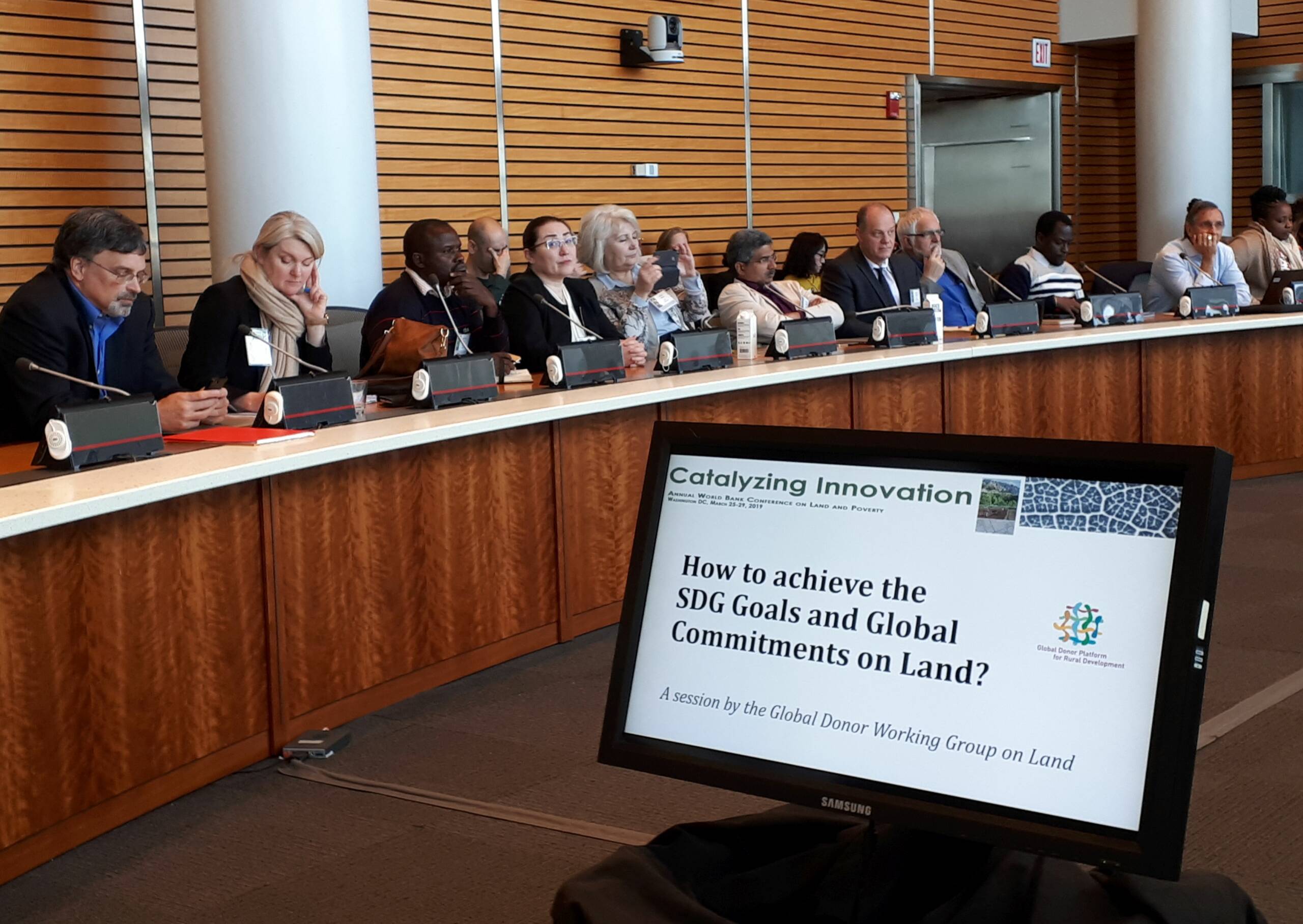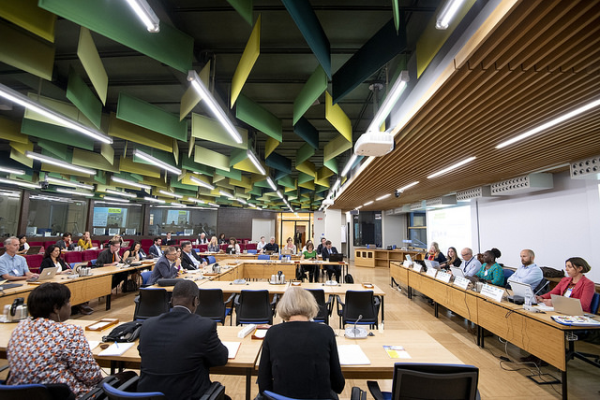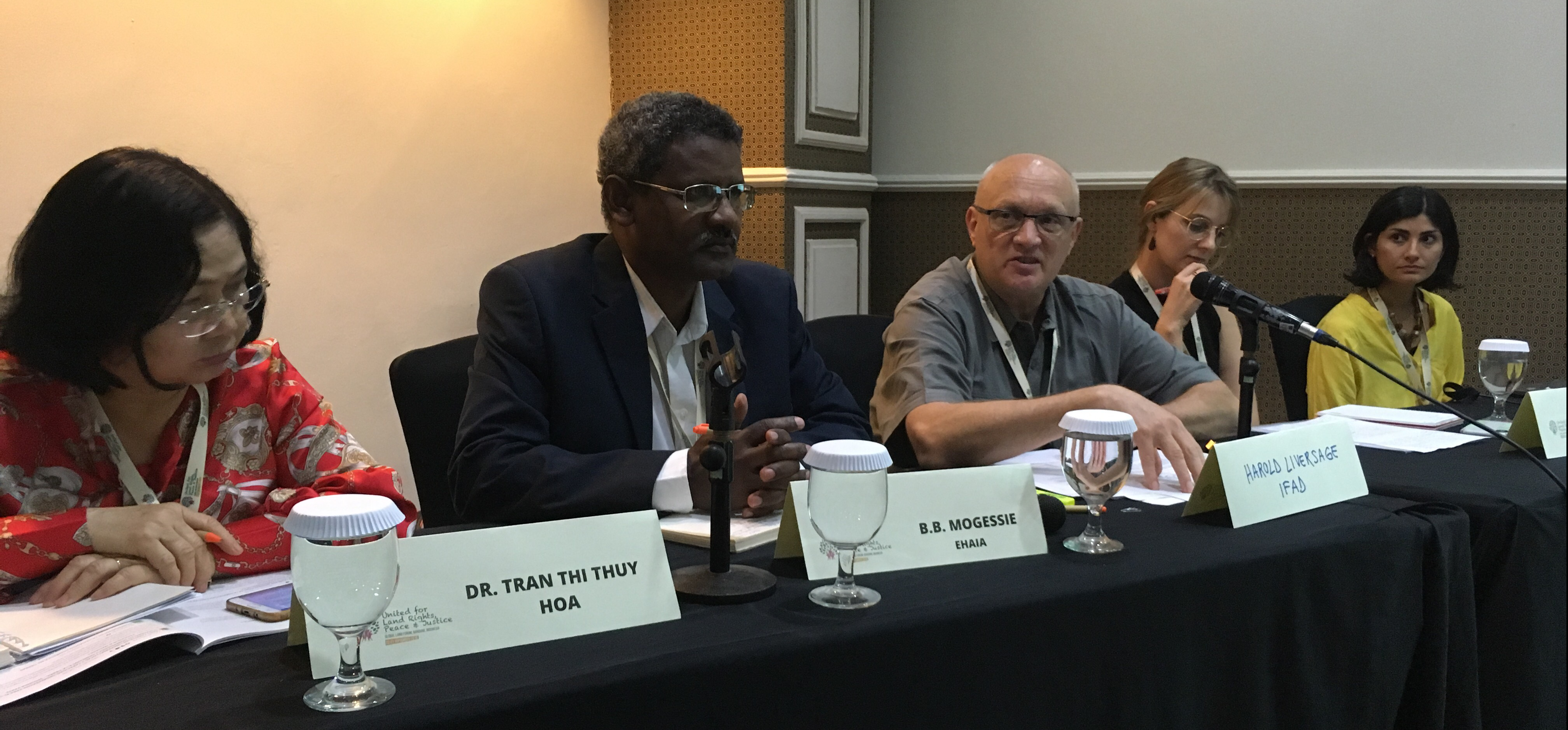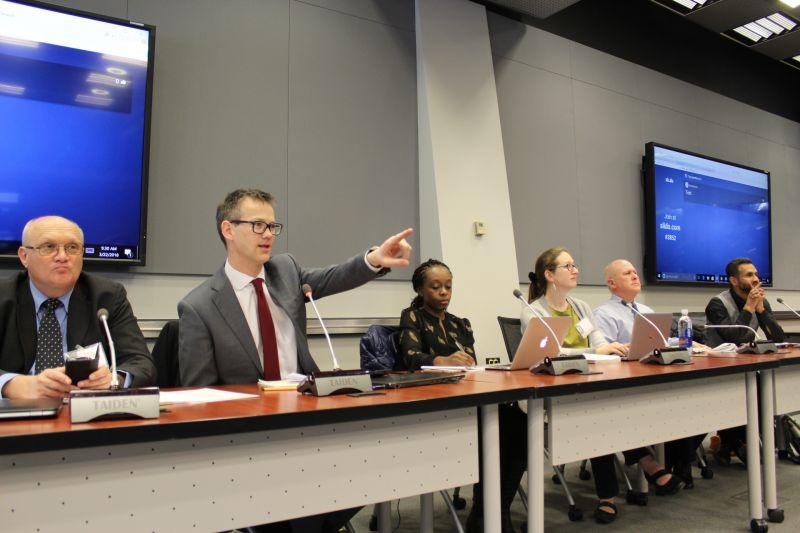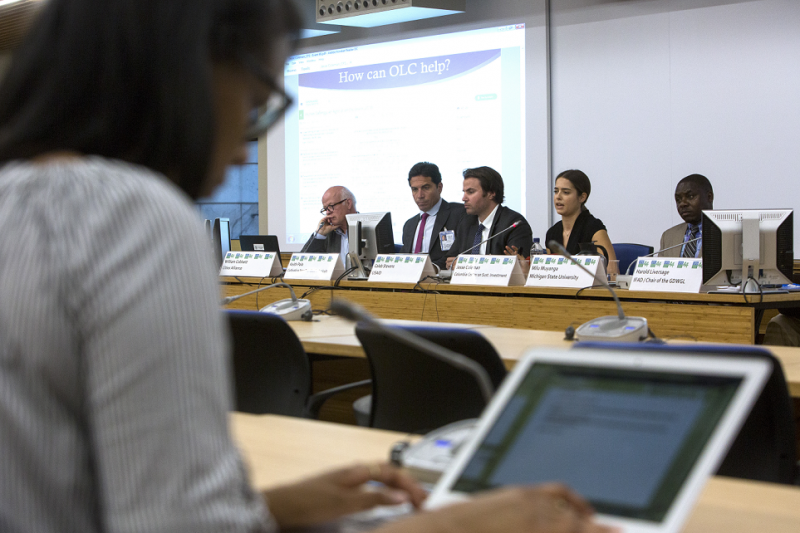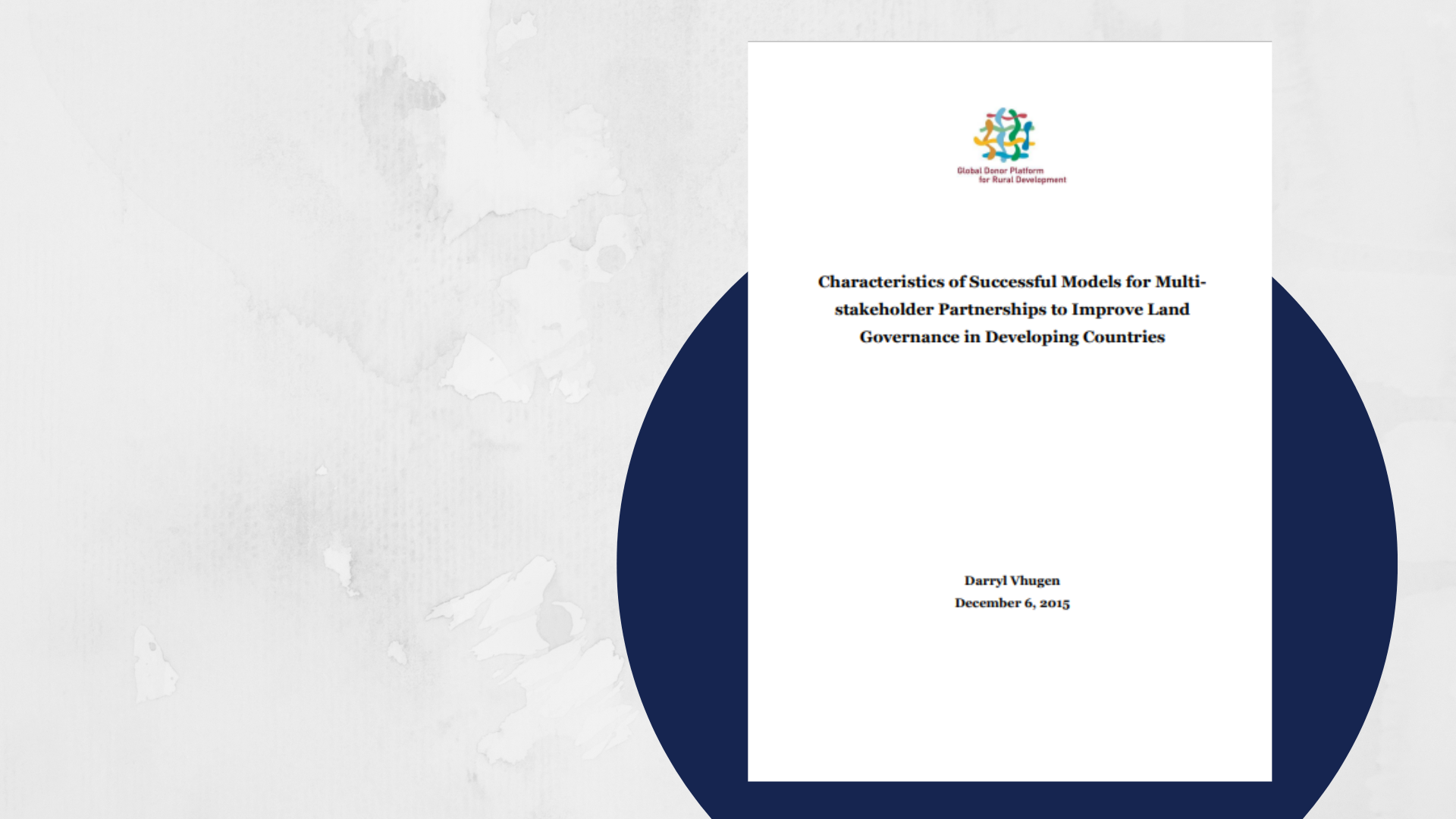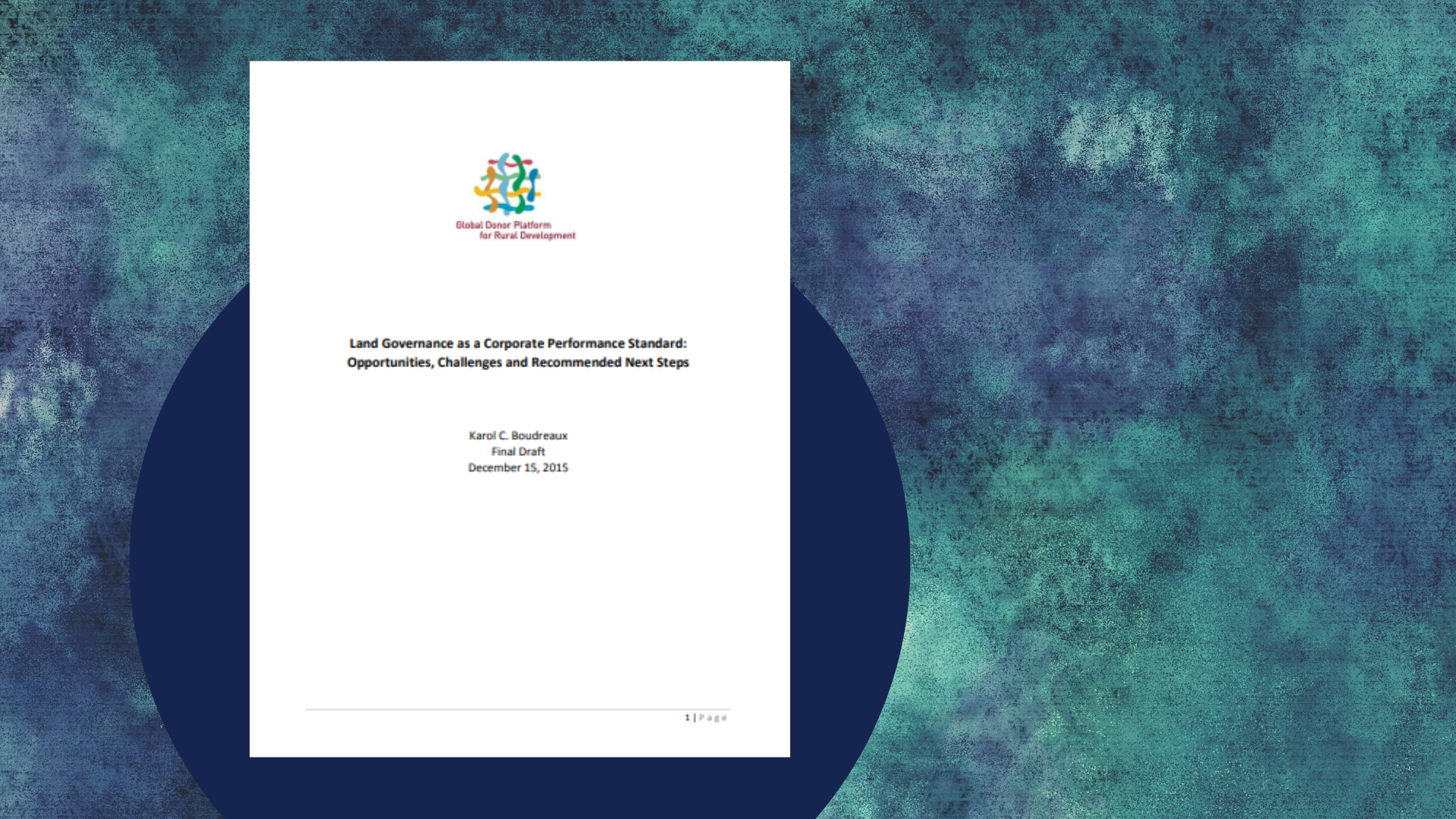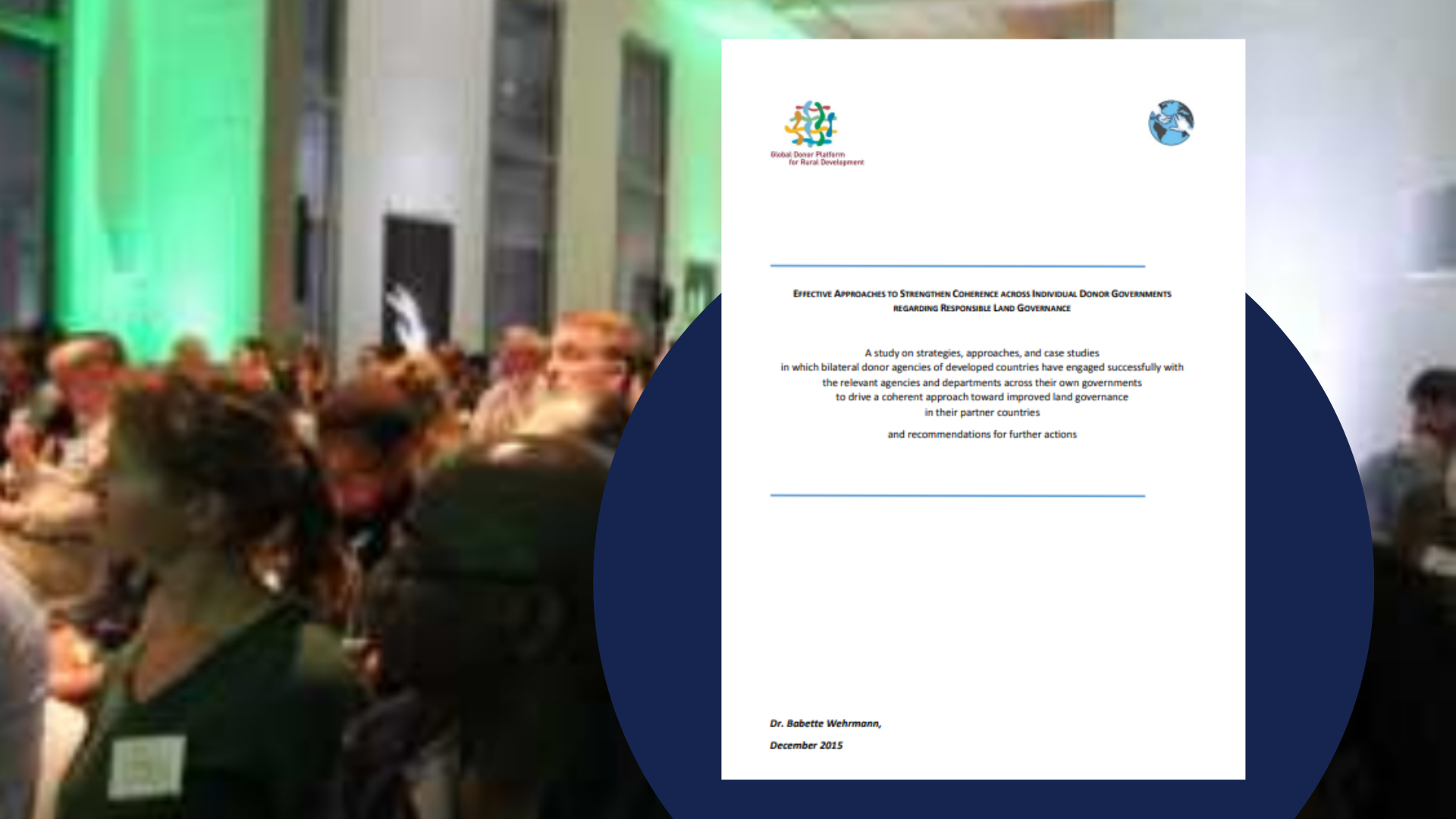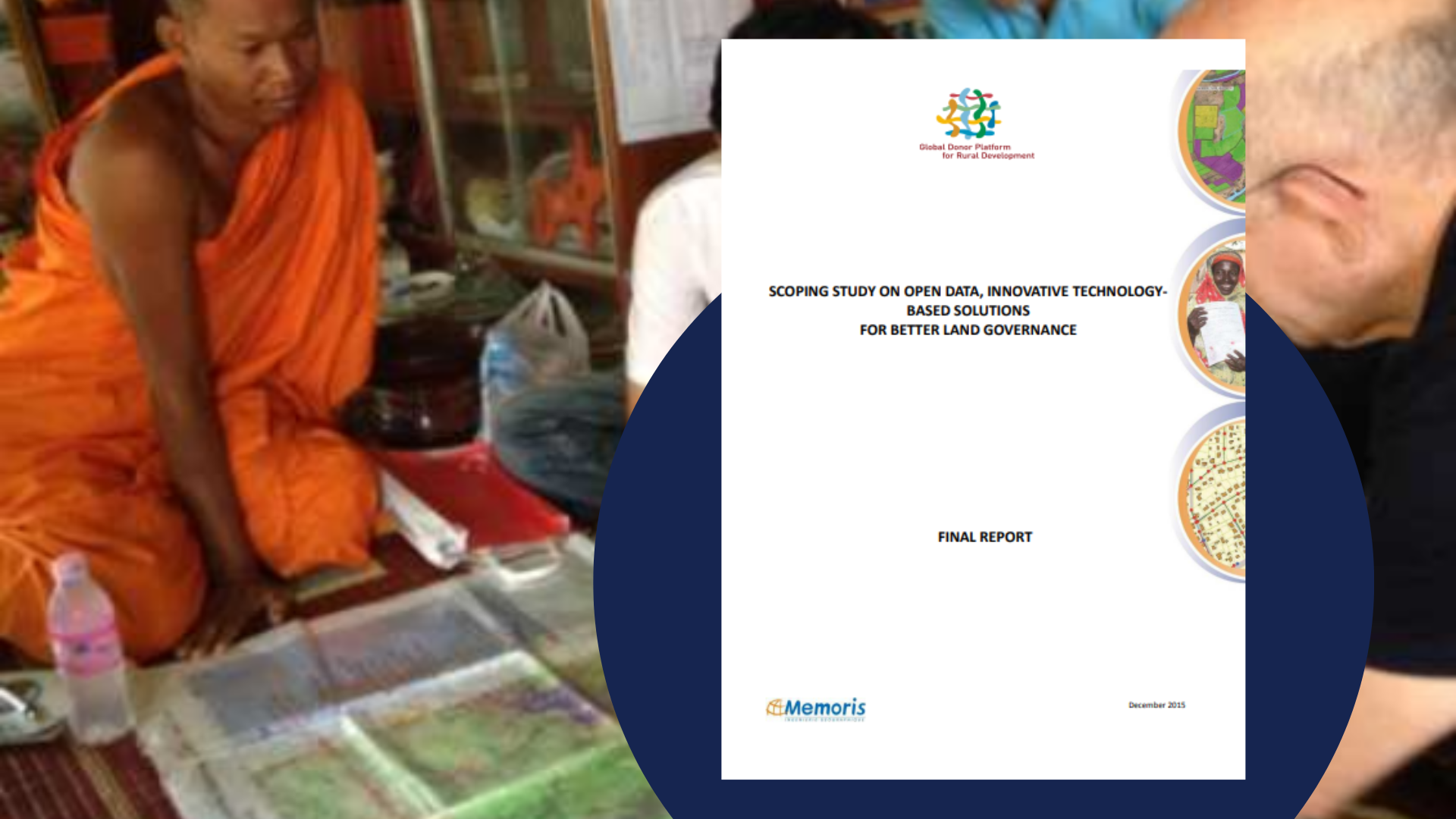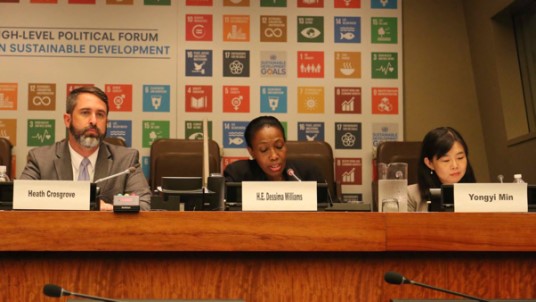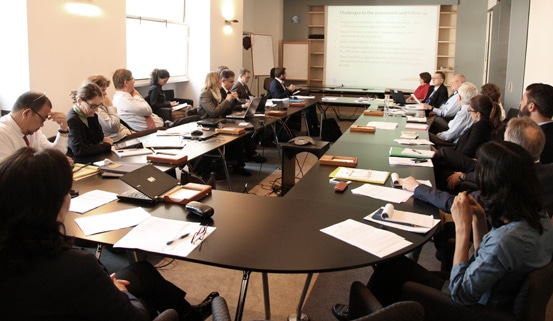Ise Shima, Japan – 30 May 2016
The group paid special attention to the challenges the agricultural sector is facing and the resulting threats to global food security. At the summit, the world leaders asked for more coherence in implementation of food security policies and the convening role of the Global Donor Platform was explicitly mentioned. The summit also delivered the first accountability report on land commitments and urged for higher level of implementation and accountability in the coming years.
Links
Agriculture and Food security
The agricultural ministers listed three main challenges in their meeting declaration: the increasing average age of farmers in developed countries, combined with decreasing interest in the youth to seek employment in the sector, second, the increased demand for a safe, nutritious and varied food supply, which stresses the food production and supply industry and demands higher level of coordination between rural and urban areas and third the rising pressure on natural resources posed by climate change and extreme weather events.
The ministers committed themselves to take actions on these issues, while acting in accordance with the implementation frameworks of the 2030 Agenda and the Paris Agreement on climate change. They recognise the great potential in developing sustainable agricultural practices and in the support of both farming and non-farming activities. Therefore the ministers agreed on three greater groups of actions to undertake to tackle the challenges. First, revitalise rural areas and increase farmers’ income, second, improve sustainable agricultural production/productivity and food supply capacity and third realise sustainable agriculture, forestry and fisheries. The Ise Shima Vision for Action on Food security and nutrition sees the successful implementation of these commitments in the access to better data, improved reporting on ongoing commitments and enhanced synergies and engagement with broad stakeholders and other fora, where the importance of the Global Donor Platform for Rural development was once more recognised.
Land Transparency
This is the first formal G7 progress Report in the 3-year accountability cycles of G7. Part of the report focuses on the land commitments progress against the G8 UK-led commitments on land transparency made in 2013. A total of eight land partnerships were launched since 2013 by several members of the Global Working Group on Land members, including UK, Germany, USA, EU, France, FAO, Italy, Japan, Canada and the World Bank The report sees the progress made in these partnerships as satisfactory, and it highlights the need for continuous support for greater transparency in land transactions and increased capacity to develop good land governance systems through partnerships with developing countries.

